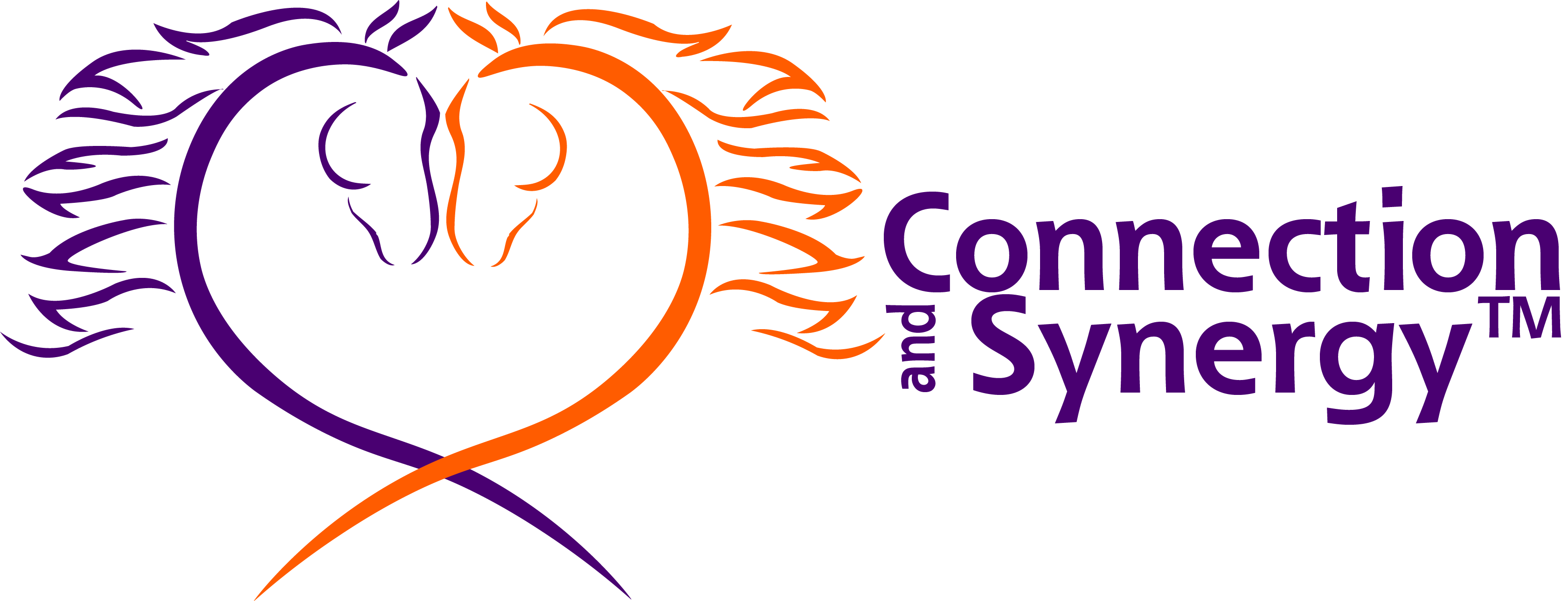
Caring for a loved one strains even the most resilient people. If you’re a caregiver, take steps to preserve your own health and well-being.
~The Mayo Clinic
 A Call to Caregivers and Healers
A Call to Caregivers and Healers
As a caregiver sometimes we feel overlooked. Are you able to take care of yourself while protecting a loved one?
When we take care of ourselves, we improve our relationship with our loved one.
You’ve heard that you can’t give from an empty cup. We can become so depleted that we can’t give anymore.
How do you refill your cup? Do you cry tears when needed or do you hide them to protect your loved one? Do you accept hugs from others when they are offered?

The Hidden Conflict: Caring for a Loved One vs. Caring for Yourself
Do you burn with fear over the loss of a loved one? Are you conflicted?
Conflict comes when caregiving. Do you do something for yourself or give your all for your loved one?
As a doctor do you give your all to your patients? The loss of family and friends isn’t worth the cost.
While I was on the journey of caring with my husband. I did many things to take care of myself.
When Mike was in the hospital I wouldn’t stay there. If it was KU Medical Center in Kansas City I would go back to Lawrence and stay with our son who lived there.
If you’ve ever been in a hospital, you know it’s not a place to sleep well. There is much going on even when they try to keep it quiet. They come in and take vitals every few hours. Not to mention the places for caregivers to sleep are less than comfortable. I would have been totally worn out if I would have stayed there.
 When Coping Strategies Fail: Recognizing the Need for Change
When Coping Strategies Fail: Recognizing the Need for Change
One of the most stressful things I did was hide my emotions. I wanted to be positive for Mike, our boys, my parents, and everyone in our small rural community who asked. This created a lot of conflict within me. There is a fine line between letting your emotions out and staying positive for your loved ones. I didn’t feel like I had a safe space to let them out until I started the Equine Gestalt training.
 I remember thinking that one of Mike’s doctors had PTSD. When the person who answered the phones in his department told me he was always at the hospital. Then I was relieved to hear from him that he had a hobby that he was passionate about. As he talked with Mike about it felt like he used that to protect himself from his demons as well.
I remember thinking that one of Mike’s doctors had PTSD. When the person who answered the phones in his department told me he was always at the hospital. Then I was relieved to hear from him that he had a hobby that he was passionate about. As he talked with Mike about it felt like he used that to protect himself from his demons as well.
We all have strategies to deal with the weight we carry. In the beginning, they work. Then something breaks down and they turn on us. Not only don’t they work anymore – they make the situation worse.
Many times, I had doctors call or email outside regular hours. As a patient/caregiver, I appreciated this. As the daughter of the only doctor in a rural community I felt they needed to take care of themselves as well.
Do you care for someone? Whether it’s a spouse, parent, child, or patient you need to take care of yourself.
The horses and I work with caregivers of all kinds. Click the button below and let’s talk.
Make a Connection in the comments below.
Onward!



Thank you for this article. We are in KC, Mo gettin tests done to determine the treatment for Non-Hodgkin lymphoma. Waiting is the hardest part!
Becky,
Much love to you through this. Let me know if you want to talk.